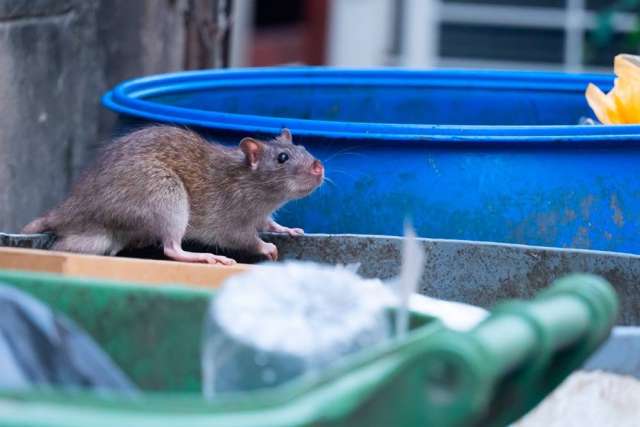Dear Doctors: Can you please talk about rat bite fever? Our son got bitten by a baby rat while he was cleaning out his garage, and he didn’t see a doctor. It turned out that he was OK, but I’m worried about what could have happened. What should he have done?
Dear Reader: Close contact with wild rodents or the places where they live poses a health risk. Mice and rats can be infected with a range of bacteria and viruses, and they can transmit disease through their feces, urine and saliva. Among these many illnesses is the one you’re asking about -- rat bite fever.
Rat bite fever is caused by two different bacteria. In the United States, the bacterium is called Streptobacillus moniliformis. In Asia, the disease is caused by a bacterium known as Spirillum minus. People can become infected if they are scratched or bitten by a rat. The bacteria can also be transmitted through food or water contaminated with the waste products of infected rodents. This causes a closely related illness known as Haverhill fever. In either case, the resulting illness can be serious, or even fatal, if it goes untreated. Symptoms can begin as soon as three days after coming into contact with the bacteria. However, in some cases it can take up to three weeks for symptoms to manifest.
As the name of the disease suggests, it often begins with a fever. Additional symptoms include headache, muscle pain, nausea and vomiting. It’s common for the fever to be followed in a few days by a rash on the hands or feet. About half of infected individuals also develop pain and swelling in one or more joints. Haverhill fever follows a similar pattern, but it often includes sore throat and swollen lymph nodes, as well as vomiting that is more severe.
When rodent contact and subsequent symptoms point to rat bite fever, the diagnosis is confirmed via a culture of a sample of blood or joint fluid. While immediate treatment with antibiotics is highly successful in curing the disease, it’s possible to experience lingering fatigue and joint pain.

It’s when rat bite fever goes untreated that serious complications can occur. These include abscesses, which are pockets of infected fluid, often in the abdomen, and infections of the major organs, including the heart, liver, lungs and brain. About 10% of untreated cases result in death.
Any kind of bite from a rodent, whether wild or domesticated, must be taken seriously. As soon as possible, you should gently but thoroughly wash the area with soap and warm water. It’s also important to seek medical care. Rodent bites are puncture wounds and can easily become infected. You may be advised to get a tetanus shot, or possibly undergo a precautionary course of antibiotics. Keep an eye out for the symptoms we already discussed, as well as general signs of infection. This includes fever, redness or swelling at the site of the injury, pus formation and skin that’s warm to the touch. If any of these develop, seek immediate medical care.
(Send your questions to [email protected], or write: Ask the Doctors, c/o UCLA Health Sciences Media Relations, 10960 Wilshire Blvd., Suite 1955, Los Angeles, CA, 90024. Owing to the volume of mail, personal replies cannot be provided.)



